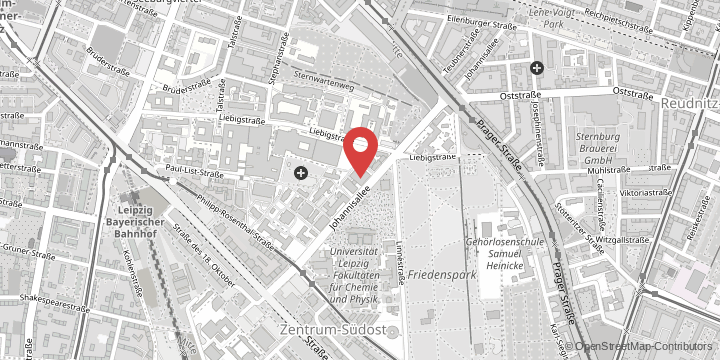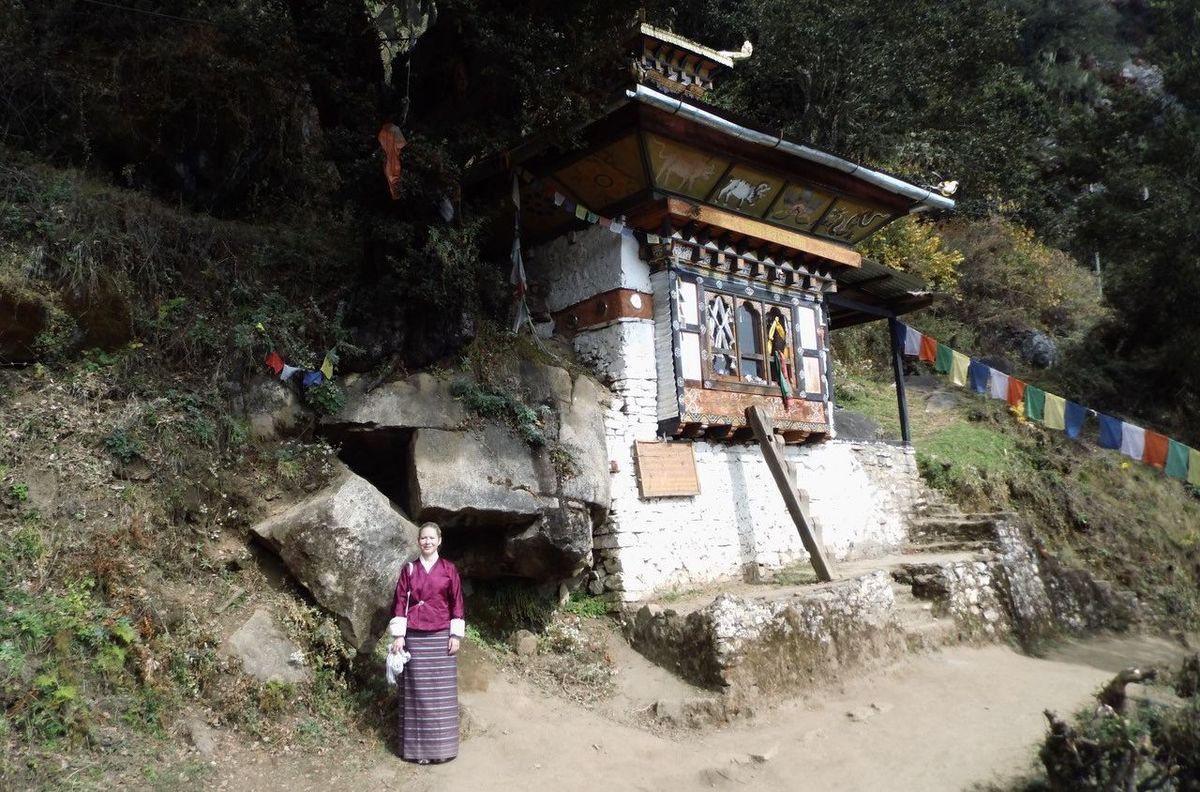There are numerous sources of funding available for your projects outside Germany as well. By far the most important international provider of funding is the European Union.
EU funding
The European Union is becoming increasingly important as a provider of funding for research projects. Its current Framework Programme, known as Horizon Europe (2021–2027), is the 9th such programme and has a budget of some 95 billion euros. This is significantly more than in the previous Framework Programme "Horizon 2020" (2014–2020).
“Horizon 2020” and “Horizon Europe” at Leipzig University
Our university has benefited from the growth in the EU budget. Many researchers have successfully attracted collaborative projects and ERC grants. It goes without saying that we want to continue and expand this positive trend. All researchers at Leipzig University are invited to participate in calls for proposals under the European Commission’s Horizon Europe Framework Programme. The EU Team at the Department of Research and Transfer will advise you on all matters pertaining to Horizon Europe – from proposal submission to reporting. We also support international project proposals beyond the framework of Horizon Europe.
Horizon Europe at a glance
Horizon Europe is the central programme for research funding at European level. It is not a stand-alone fund, but a complex system of different modules. Collaborative projects fund applied research, while ERC projects support basic research. Marie Skłodowska-Curie Actions are mobility grants allowing young researchers to gain international experience.
This table summarises the most important instruments and conditions of Horizon Europe:
| Project | Call | Research type | Applicant |
|---|---|---|---|
| Collaborative project | Top-down (closed topic) | Applied research | Consortium of at least 3 institutions from 3 countries |
| Joint Marie Skłodowska-Curie project | Bottom-up (open topic) | Basic or applied research | Consortium of at least 3 institutions from 3 countries |
| Individual Marie Skłodowska-Curie project | Bottom-up (open topic) | Basic or applied research | Researchers with Leipzig University as host institution |
| ERC project | Bottom-up (open topic) | Basic research | Researchers with Leipzig University as host institution |
More than just money: the benefits of Horizon Europe
In addition to the financial incentive, EU collaborative projects are also an excellent networking instrument. In a global knowledge society, consortia with partners from many European countries and also from third countries are an indispensable prerequisite for scientific excellence.
Young researchers can advance their individual career development by participating in the calls for proposals under the Marie Skłodowska-Curie and ERC programmes.
Funding opportunities
Horizon Europe is a building block of EU policy that aims to achieve overarching EU goals such as growth and job creation. This is why the idea of innovation plays a central role: in collaborative projects, which are awarded through topic-based calls for proposals in subject areas of particular European relevance, the envisaged use of research findings should be considered and, ideally, integrated into the project.
Basic research is funded in particular by the European Research Council (ERC). On the basis of thematically unrestricted calls for proposals, ERC projects are awarded to scientists at various stages in their careers who have already proven their excellence.
Both basic and applied research is funded within the framework of Marie Skłodowska-Curie Actions, which are intended primarily to foster the careers of young scientists. A distinction is made here between collaborative projects, where doctoral students are funded, and individual projects for postdoctoral researchers. One common feature of all the projects is the intention to promote international mobility: researchers are required to move to a country in which they have not predominantly lived in the last three years.
Funding rates
In Horizon Europe collaborative projects and ERC projects, universities receive funding for 100 per cent of the direct costs plus a flat rate of 25 per cent for overheads. Eligible for reimbursement are personnel costs, costs for consumables and travel, depreciation costs for equipment used, and publication costs. Publications must be made available free of charge and publicly on the internet (open access).
In Marie Skłodowska-Curie Actions, however, personnel, material and overhead costs are reimbursed on a flat-rate basis. In any case, the projects are fully financed, meaning the University is not required to make an own financial contribution.
Rules of participation
The Horizon Europe Framework Programme includes collaborative and individual projects. Collaborative projects make up the core of the programme. A consortium usually consists of at least three partners from at least three EU countries or countries associated with Horizon Europe.
Individual applications can only be submitted by scientists who hold a doctorate: proposals for Marie Skłodowska-Curie Actions can be submitted immediately after a doctorate. The doctorate must have been awarded two to seven years ago for ERC Starting Grant applications, and seven to twelve years ago for ERC Consolidator Grants.
Proposal tips
Please refer to the European Commission’s Funding & Tender Portal for all essential information and tools for participating in Horizon Europe. We will be happy to assist you.
An account in the Participant Portal is required for submitting a Horizon Europe application and for project implementation and accounting. If you would like to submit an application, please register.
All Horizon Europe project proposals are based on calls for proposals. This means you can only submit a project proposal if a corresponding call for proposals is currently running. All calls for proposals are published in the Participant Portal.
If you do not yet have any information about suitable calls, the Participant Portal also has a free text search option.
Once you have found a suitable topic, you still have to pay attention to what kind of project is advertised: so-called Innovation Actions (IAs) are expected to be more application-oriented than Research & Innovation Actions (RIAs), while Coordination & Support Actions (CSAs) focus on networking.
The following open-topic calls for proposals are currently running:
- European Research Council (ERC)
ERC-ADVANCED-GRANT (ERC-2025-AdG)
Deadline: 28 August 2025 (tbc) - Marie-Sklodowska-Curie-Actions (MSCA)
MSCA POSTDOCTORAL FELLOWSHIPS (MSCA-2025-PF)
Deadline: 10 September 2025 (tbc) - Marie-Sklodowska-Curie-Actions (MSCA)
- MSCA DOCTORAL NETWORKS (MSCA-2025-DN)
Deadline: 25 November 2025 (tbc)
We would like to offer all researchers at our university the best possible support in their application. In addition to personal advice on the entire application process, this also includes the provision of standard text blocks and a budget calculator. If you would like to submit an application, feel free to contact us! Before submitting your application, please remember to complete an external funding notification and submit it to us.
On request, we can provide project managers with time sheet templates.
We have put together a guide (in German) summarising all project phases from application to accounting: Von der Idee zum Projekt (only available on the intranet).
With its EuProNet programme, the Saxon State Ministry of Science and the Arts (SMWK) provides funding to assist with the preparation of Horizon Europe applications. To be eligible, applicants must have a planned or existing call in mind. Coordinators of the planned EU application can apply for up to 30,000 Euro, and partners up to 10,000 Euro. A core consortium, the basic infrastructure and the necessary preparatory work should already be in place when the application is submitted.
This “initial grant” provided under EuProNet should be regarded as funding for the phase (shortly) before application submission. Funding is available, for example, for networking trips or for additional staff required to prepare the application. Research projects, equipment or internal project costs cannot be funded.
EuProNet applications can be submitted on an ongoing basis.
Until the budget 2025 of the Free State of Saxony is adopted, interested parties should inform themselves in advance about the current funding opportunities.
Information and application forms can be found on the website of the SAB grants office as well as further information on the SMWK website.
If you would like to apply for an ERC grant or a Marie Skłodowska-Curie Action with Leipzig University, we will be happy to support you.
If you do not yet work at our university, please start by looking for an experienced supervisor in your research area who will support you in your application. Once you have done this, please contact one of our EU Research Advisers. We look forward to working together on your exciting project.
Our services
Leipzig University’s EU Team is part of the Department of Research and Transfer, which sees itself as a service provider for all researchers at Leipzig University. We support the management of Horizon Europe projects throughout the entire project cycle, i.e. from application and implementation to invoicing:
| Project phase | Service |
|---|---|
| Before applying |
|
| Proposal |
|
| Project planning |
|
| During the project |
|
| Project end |
|
More international projects
Our EU Research Advisers are also happy to support you with regard to other international research funding programmes and are available for individual consultations. In addition, we regularly organise information events and workshops on proposal preparation, and can do so at your faculty or institute on request. Contact us!































































